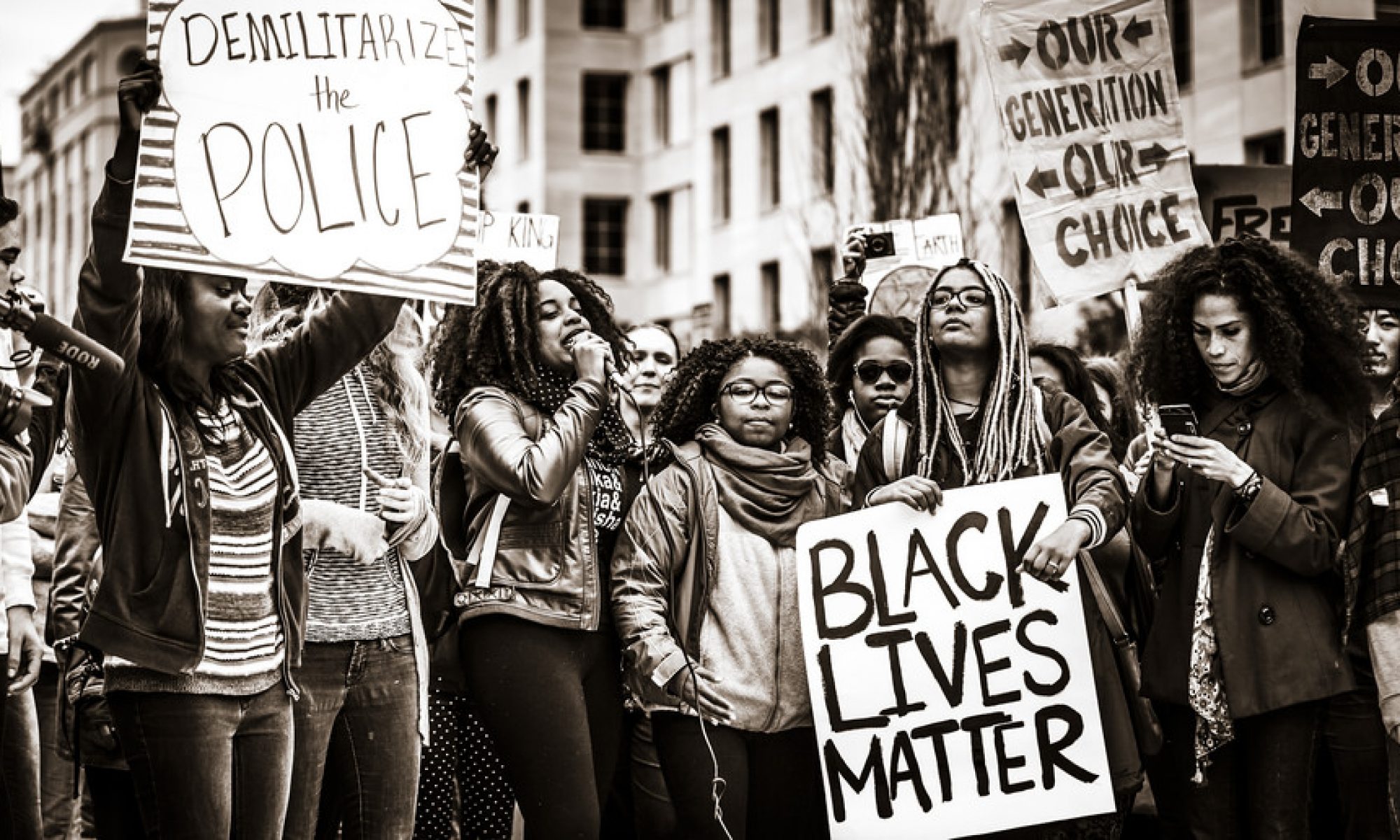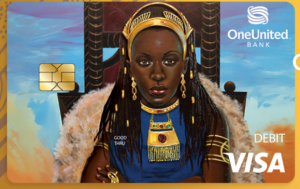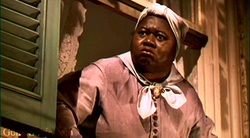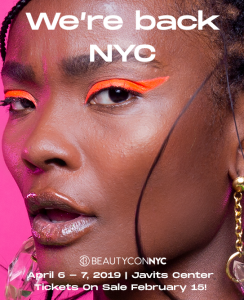
The Root posted an article April 9, 2019 headlined, “Beautycon 2019 Put Black Women Front and Center.” This shows the progress of NYC to make a conscious effort to recognize how many of the popular culture’s beauty trends stem from black culture. Historically black people have been ridiculed for their natural features and taste in fashion. Normally these facets of our culture and buried until a “whiter skinned person ‘endorses’ the look.”
For example long nails, eyelashes, bold oppositions to make-up choice were used as ammunition to shoot down the self-esteem of the black women for years. Their skin color has been deemed a threat and less sexy, yet tanning salons became a multi-million dollar industry for the unmelaninated to darken their skin. And for those that cannot benefit from this treatment created something better… spray skin (spray tan). They are so desperate to endorse our look they will literally spray paint their bodies “professionally.” This blog is not saying that the others want to be black but I am saying that the envious ridicule of Black Americans normally find its way into Popular American Culture.
NYC using their 5th ever Beautycon to put black women as the main attraction show the progression that the beauty industry has made in the last couple of years. To me it seem like ever since the introduction of Fenty Beauty products by Rihanna the world has come aware of how all their fashion choices are dependent on Black Culture. I am glad to see that envy is turning into appreciation and this shows progress.
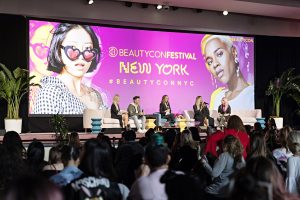
P.S. BeautyCon LA better not retract the progress! BeautyCon LA is June.
